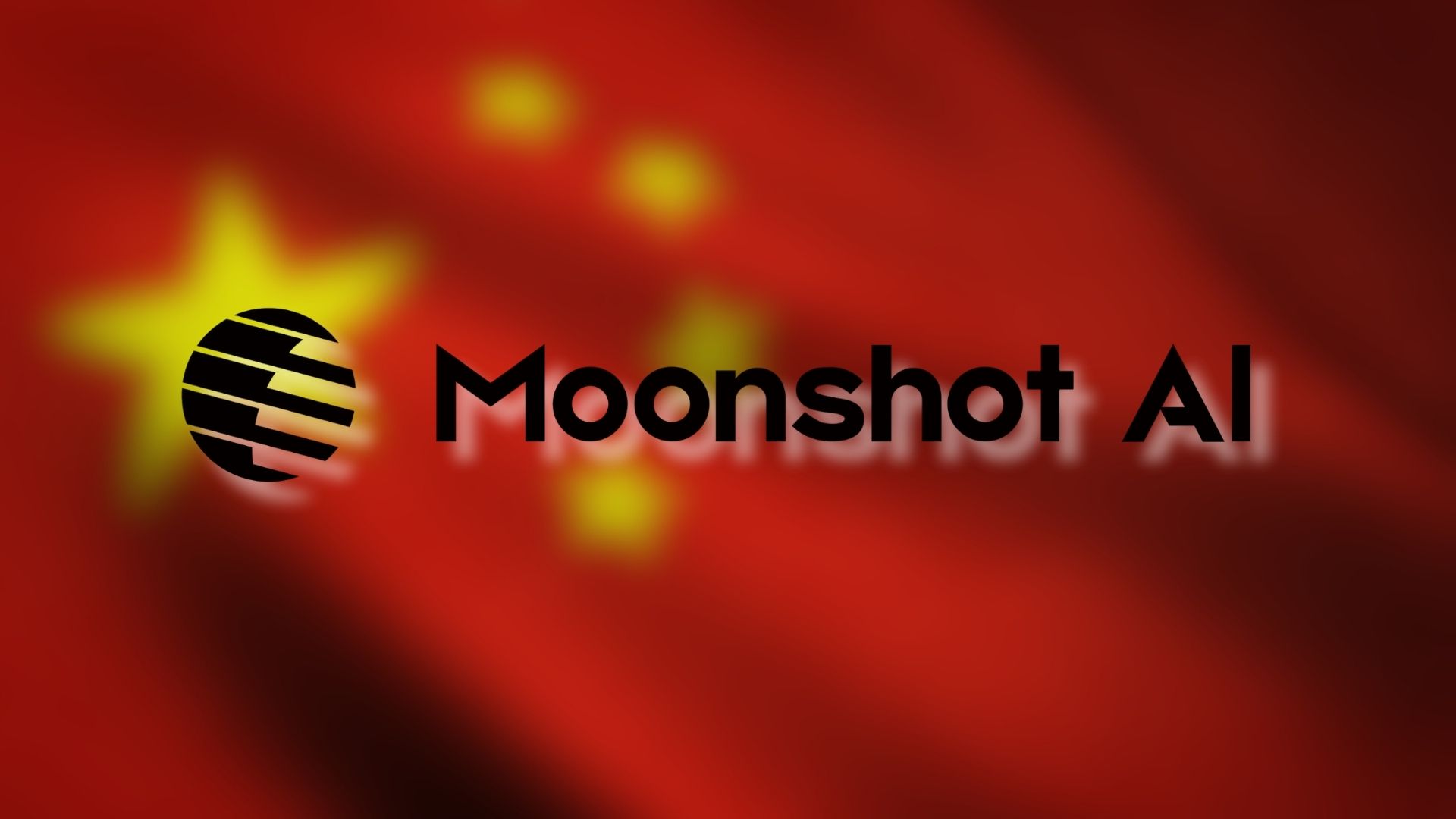Pinterest is cutting under 15% of its workforce as part of a broader restructuring aimed at shifting more investment toward AI-driven products and roles.
In a regulatory filing, the company said the changes are designed to support transformation initiatives, including reallocating resources to AI-focused teams and reshaping its sales and go-to-market strategy.
The restructuring will also include reductions in office space, with completion targeted for the end of September and expected pre-tax charges ranging from $35 million to $45 million.
Pinterest had around 5,200 employees at the end of last year, meaning the layoffs will affect several hundred staff as the platform accelerates its AI integration.
Recent launches such as AI-powered board updates and the Pinterest Assistant shopping tool reflect a wider trend across the tech sector, where companies are trimming headcount while expanding AI investment.
Would you like to learn more about AI, tech, and digital diplomacy? If so, ask our Diplo chatbot!










